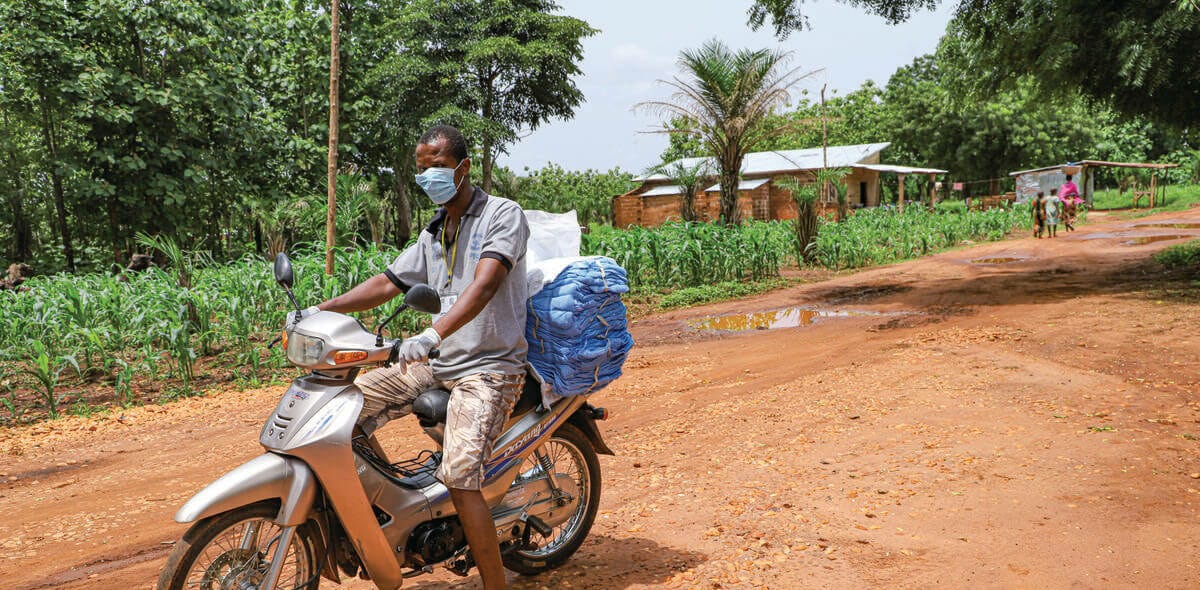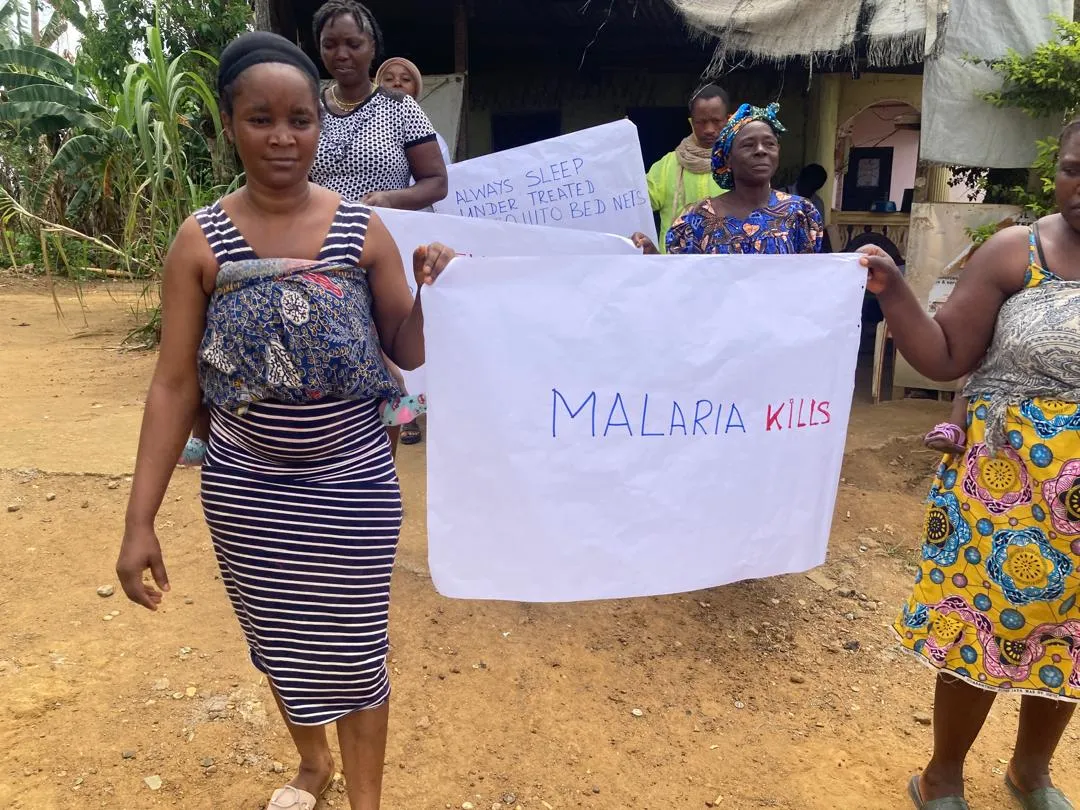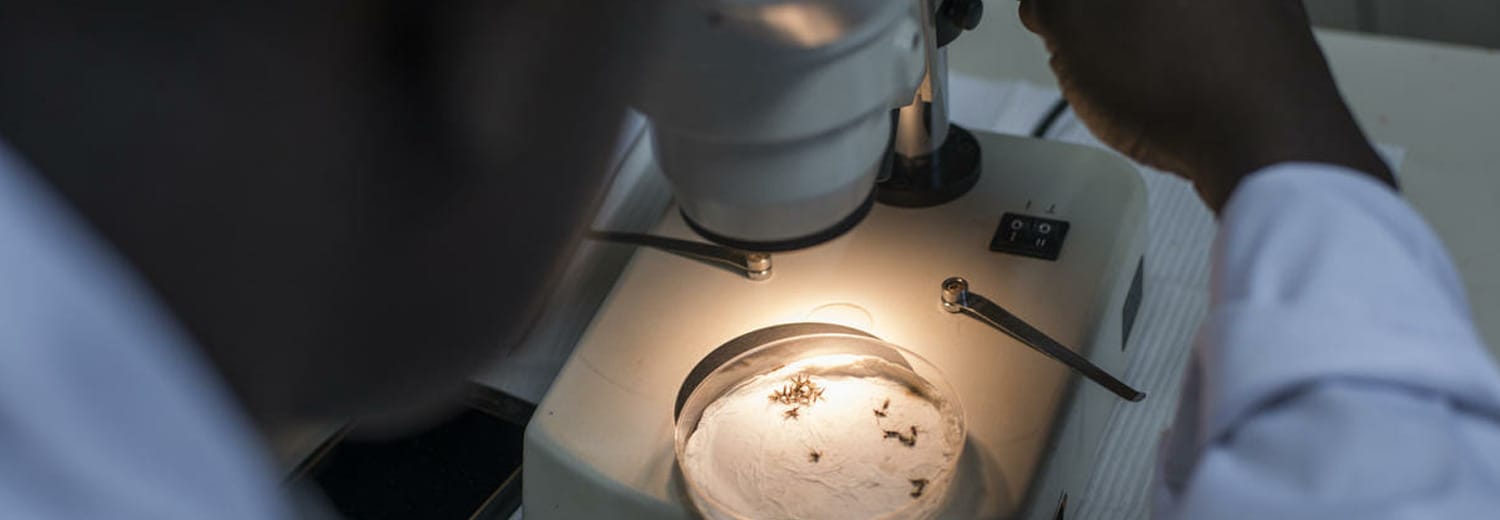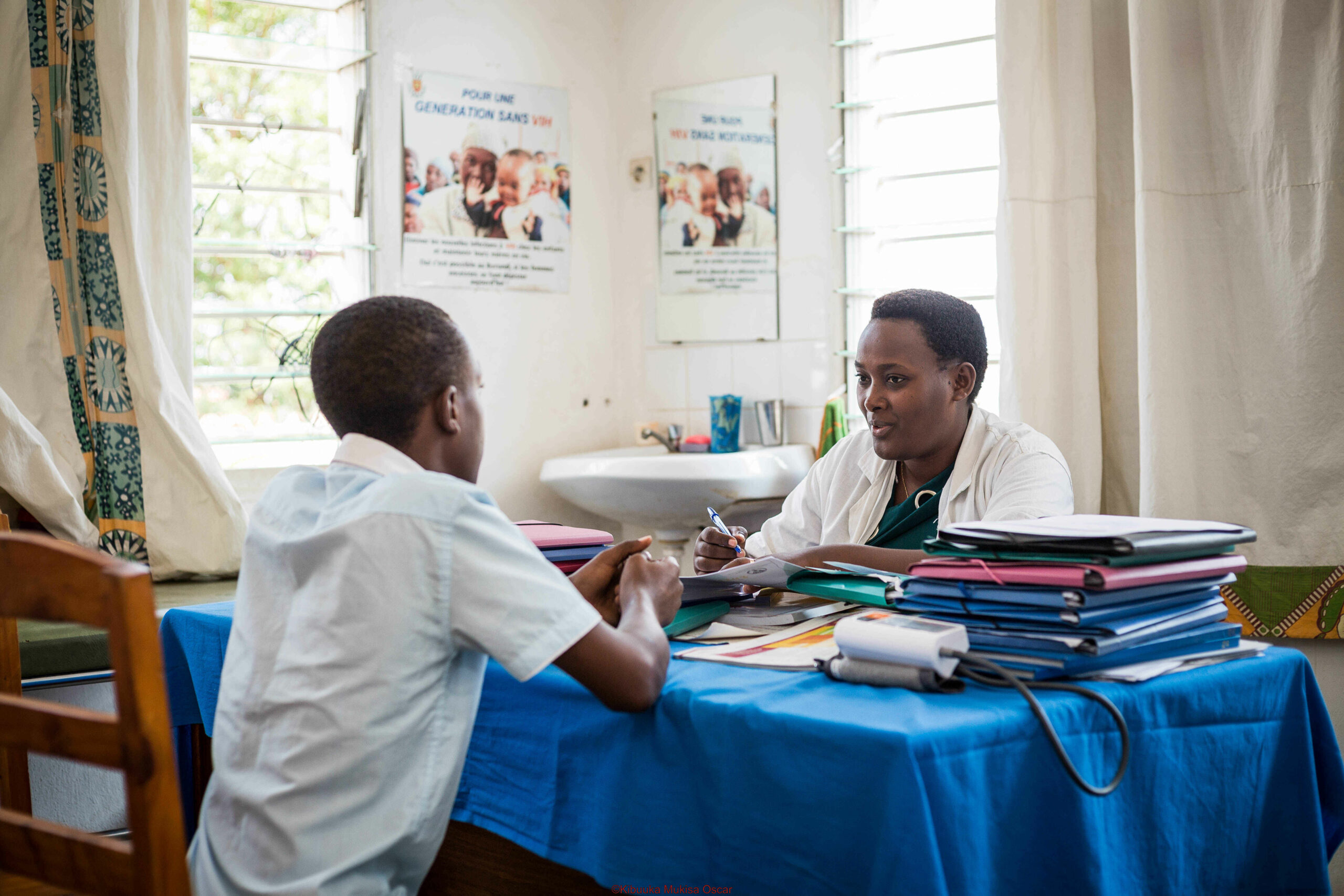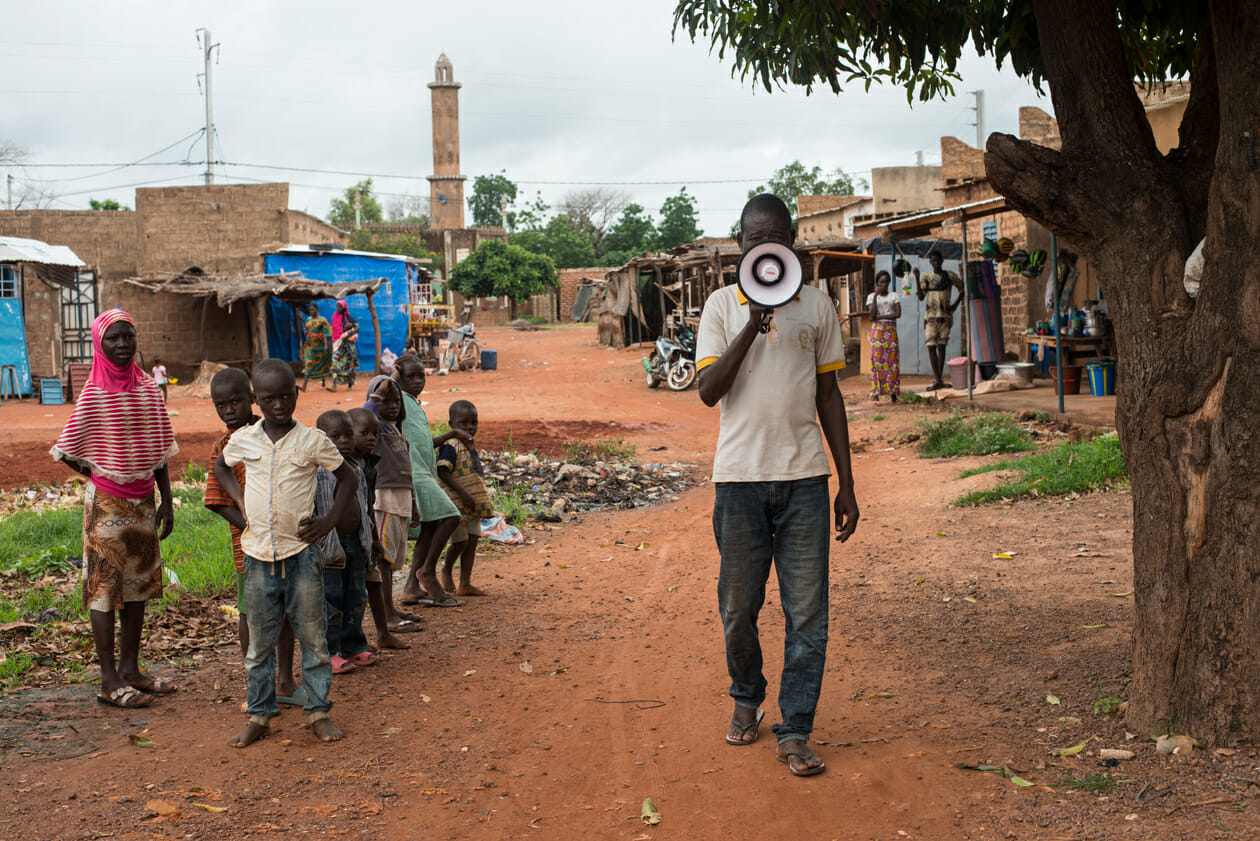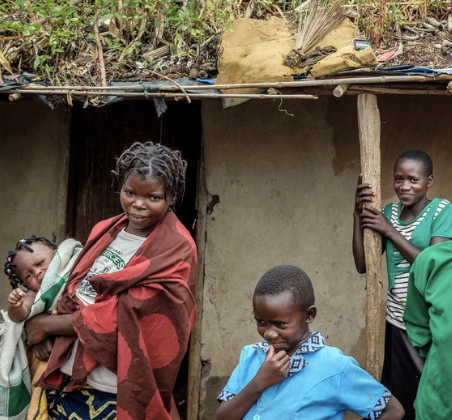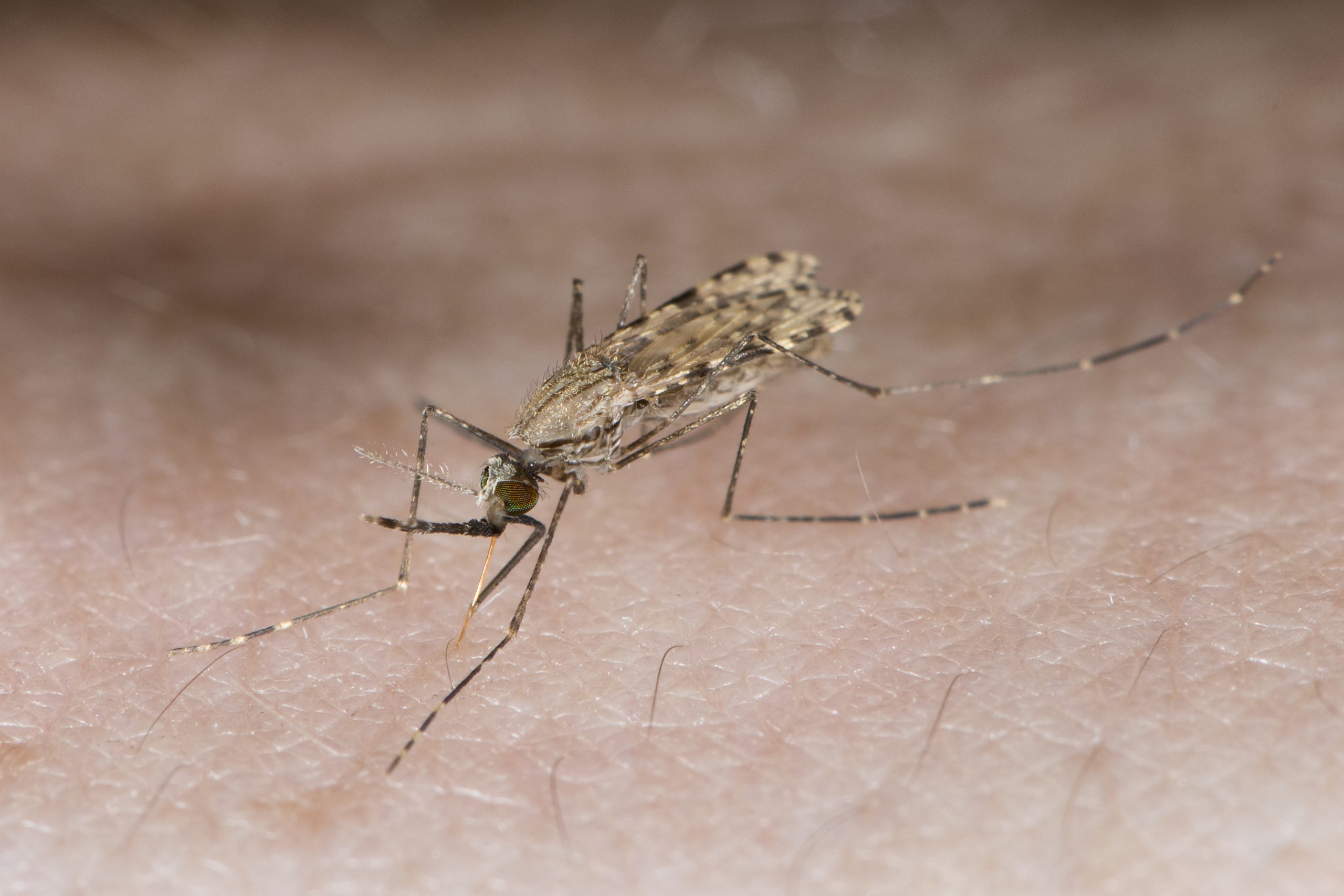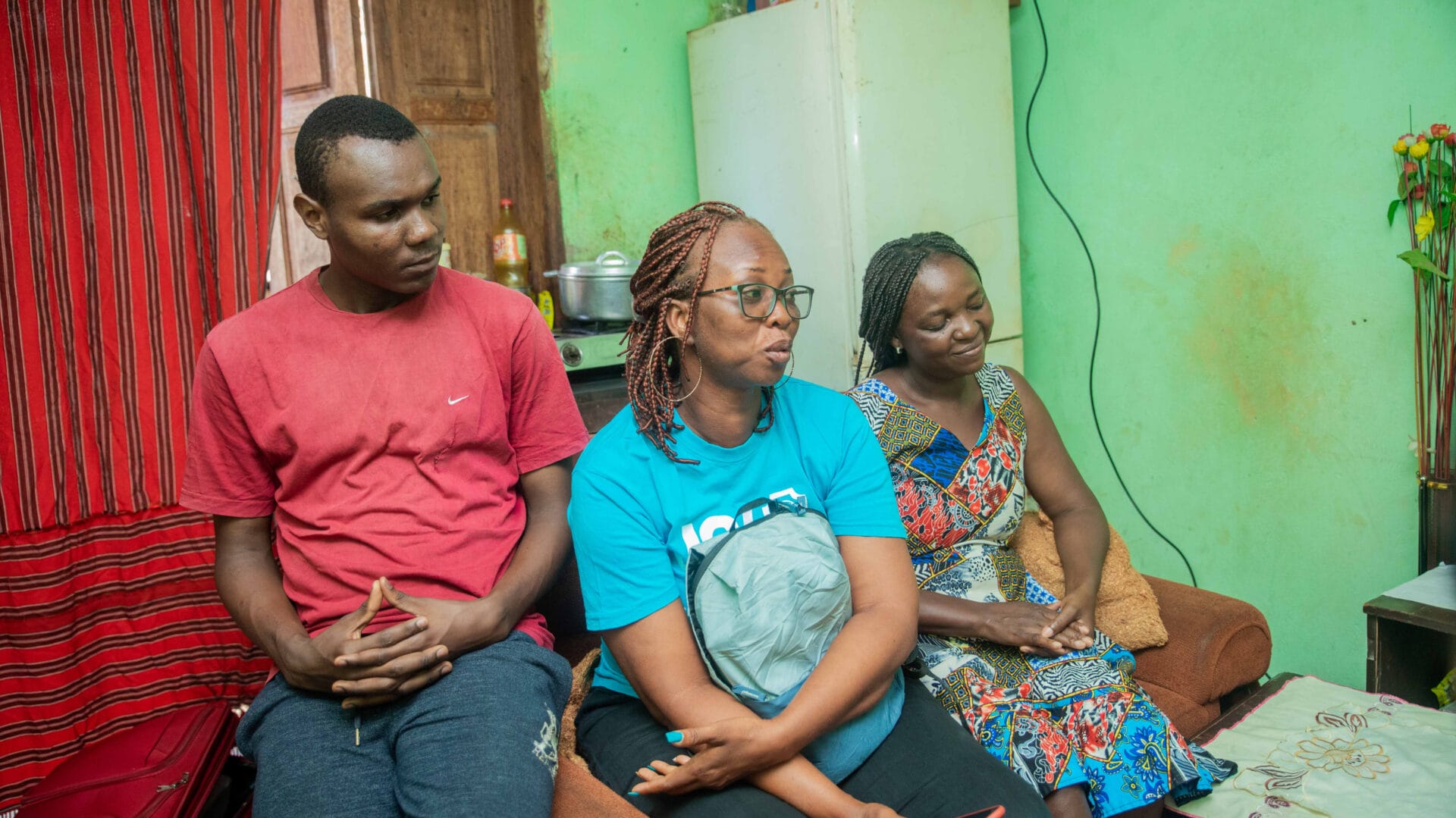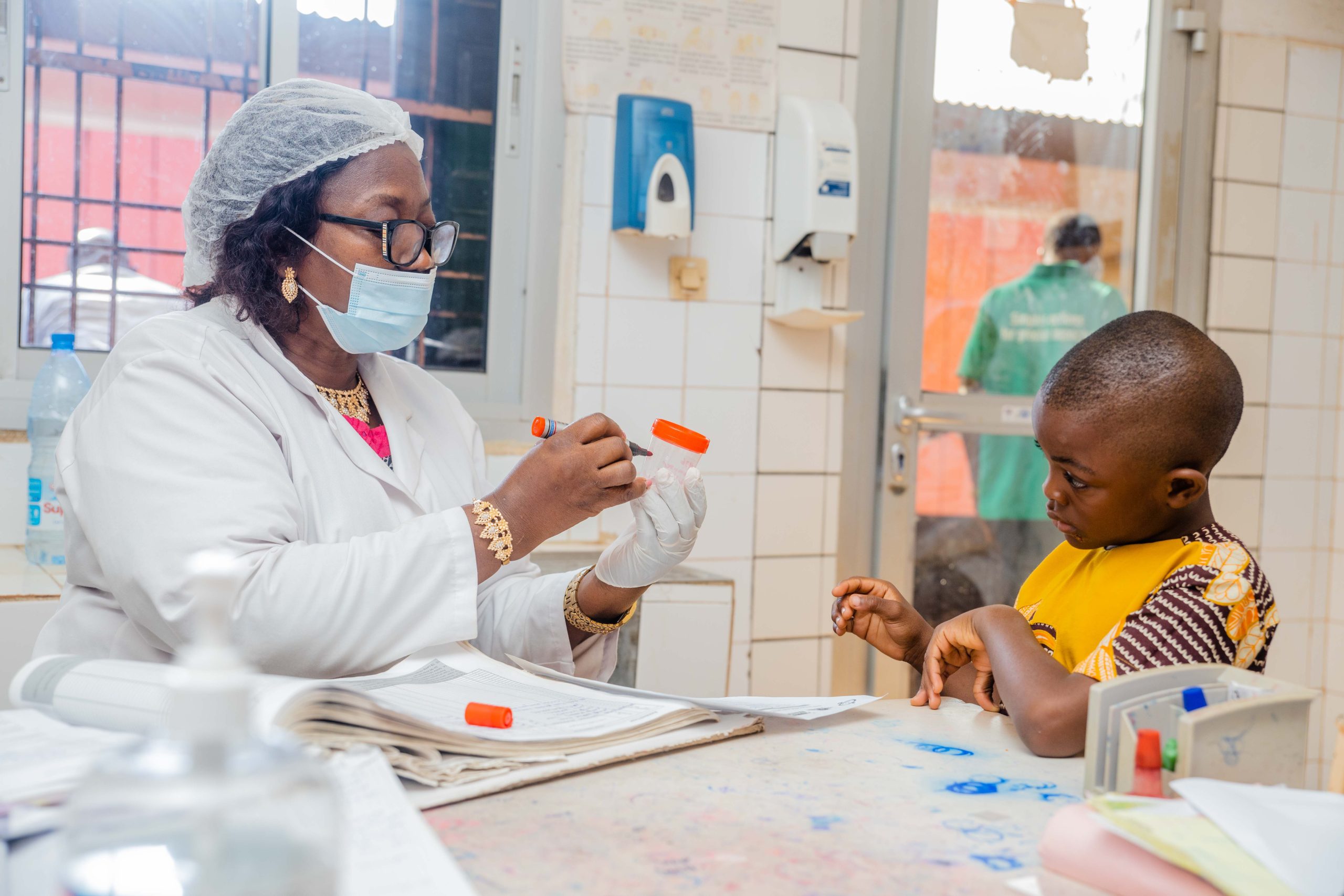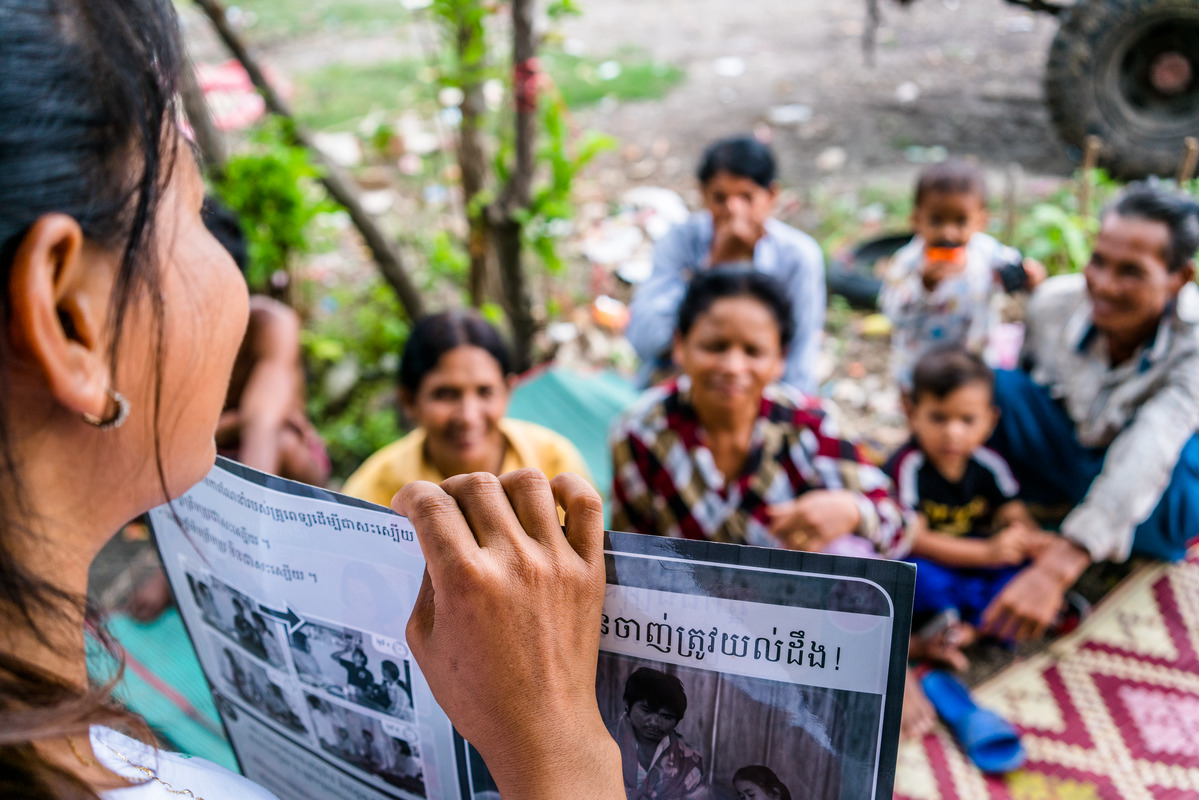Itinerant seasonal workers and malaria in Ethiopia
In Ethiopia, itinerant seasonal workers, who are particularly exposed to malaria, are not taken into account in the fight against the disease. The Ethiopian organization Health, Development and Anti-Malaria Association (HDAMA) and the world leader in malaria control and elimination, Malaria Consortium, have designed a project to meet the needs of these workers in the Amhara region where many of them carry out agricultural work each year. A joint interview with Seyum Mengesha, coordinator of malaria control programs at HDAMA and Tedila Habte, country technical coordinator of the Malaria Consortium in Ethiopia.
Where is the malaria epidemic in Ethiopia?
Tedila Habte: The situation has improved considerably in recent years. Between 2016 and 2019, malaria morbidity and mortality rates decreased by 47% and 58%, respectively.1 In collaboration with international partners, the government has designed a strategic plan to combat malaria with an ambitious but achievable goal: to eliminate the disease by 2030. The plan is being rolled out in stages. By 2025, the goal is to reduce morbidity and mortality rates by half and, in some areas, to completely contain the disease.
What are the specific difficulties in the Amhara region where the project will be implemented?
Seyum Mengesha: Amhara is a lowland agricultural region where malaria remains a problem. Every year, many itinerant workers from the highlands come to work there and then return home. Since their home region is malaria-free, they have little knowledge of the disease and low immunity. As a result, they can account for up to 80% of the annual malaria cases reported in the region.2 The lack of health services near the farms where they work makes the situation worse. The Ethiopian strategic plan recommends specific actions for these communities that require a tailored approach, which is not currently the case on the ground. Coordinating this implementation is complex due to the multitude of stakeholders sharing responsibility and obligations, from landowners to regional health offices. The context required us to design a dedicated project, supported by The Initiative: “Reducing malaria among itinerant seasonal workers through an innovative approach in Amhara region.”
What are the main objectives of this joint project?
Tedila Habte: Our goal is to reduce malaria-related morbidity and mortality among seasonal itinerant workers by 30% by 2025. We need to improve the coverage and quality of services provided to populations, from diagnosis to treatment, surveillance and response. It is essential to increase demand for and uptake of prevention and treatment services, which remain insufficient. In addition, we are advocating for the dissemination of an implementation manual for policy makers to improve the implementation and coordination of malaria prevention and control services for seasonal itinerant workers. Before developing this manual, we will conduct awareness-raising activities to build consensus. Finally, we want to strengthen the role of workers in developing the fight against malaria. Until today, they have never been involved in malaria prevention and control services. And we will not succeed without them.
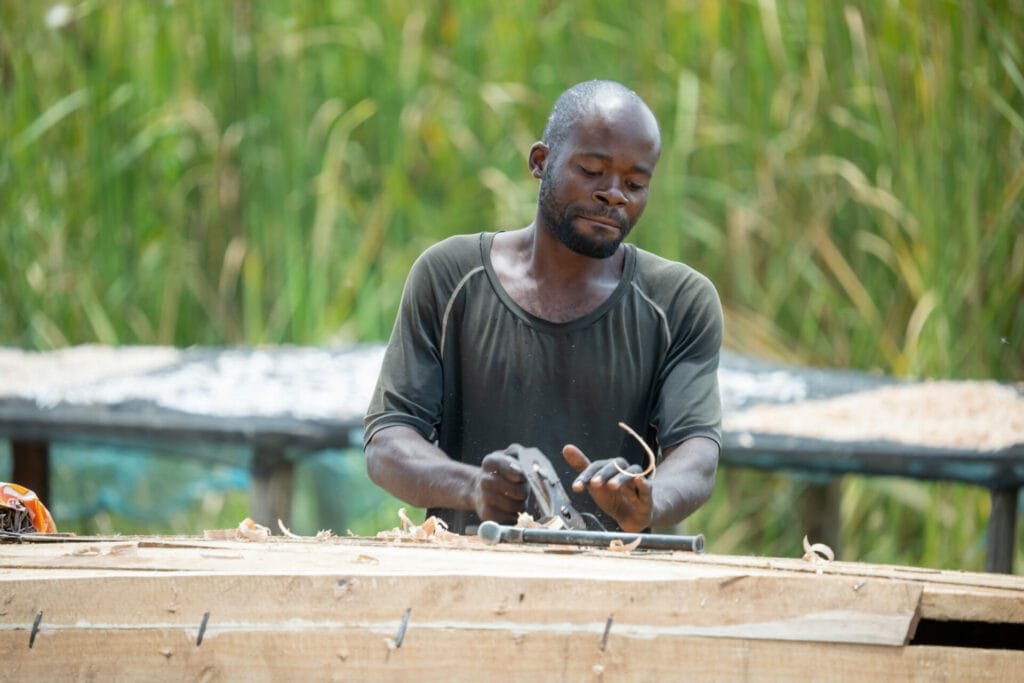
Where is the malaria epidemic in Ethiopia?
Tedila Habte: We are following the national strategic plan while adapting our approach to the specificities of the regional context. For example, since health facilities are far from the farms where seasonal workers live, we will train health workers to visit them regularly to provide diagnosis and treatment. This unique approach is made possible by HDAMA’s close relationship with Ethiopian field actors.
Seyum Mengesha: Indeed, over the years, HDAMA has gained the trust of local communities in the region, and more specifically, itinerant seasonal workers. Knowing them better has allowed us to design a targeted and tailor-made intervention, to find the right approach to raise awareness about malaria and to define the appropriate intervention methods. Capacity building for local stakeholders is also a pillar of our strategy. This is why Malaria Consortium, with its technical expertise, is a valuable partner. A few months before the launch of the project, I am convinced that this partnership and targeted approach will provide us with important lessons. The civil war that recently broke out has led to many population displacements across the country: learning to adapt our approach to itinerant populations is more essential than ever.

